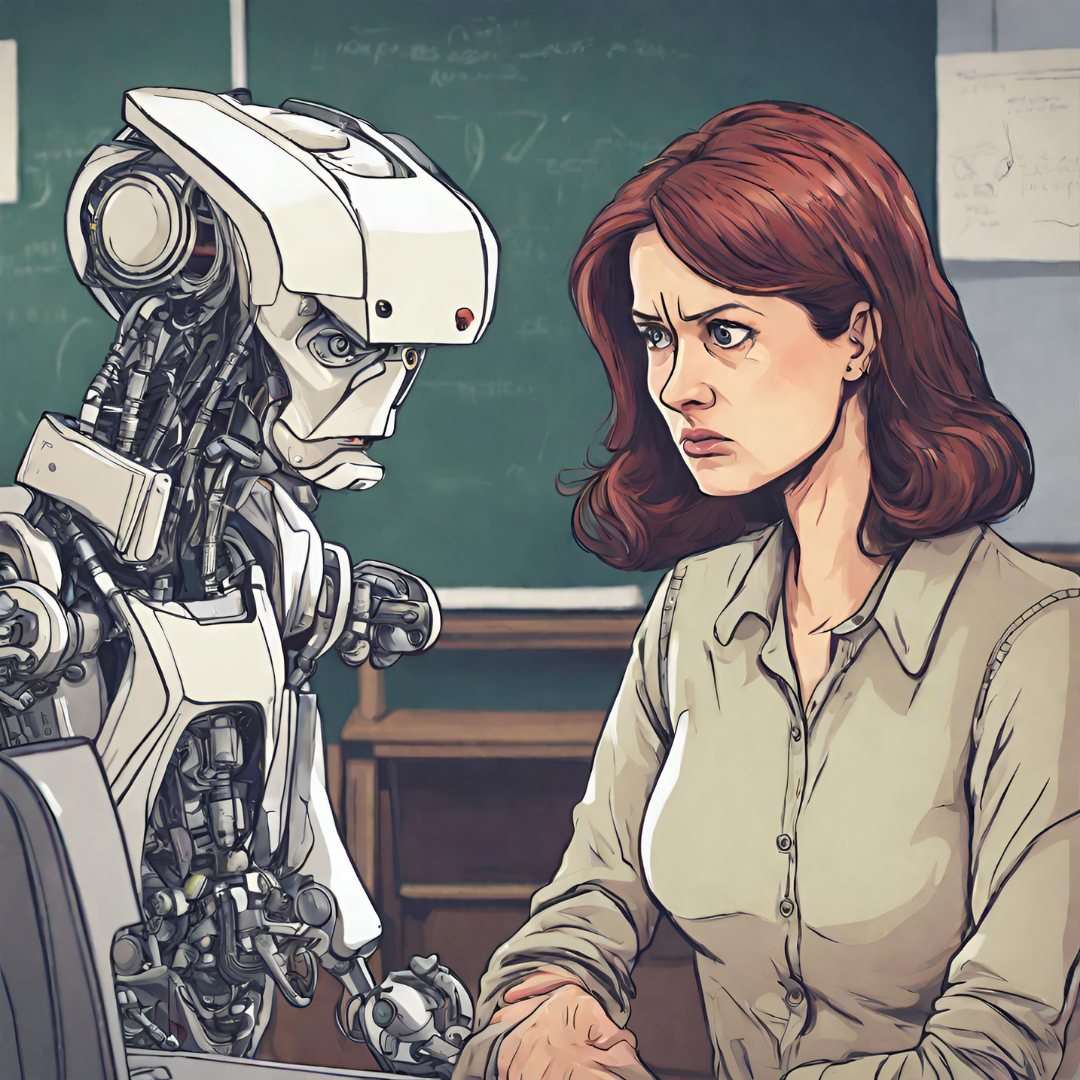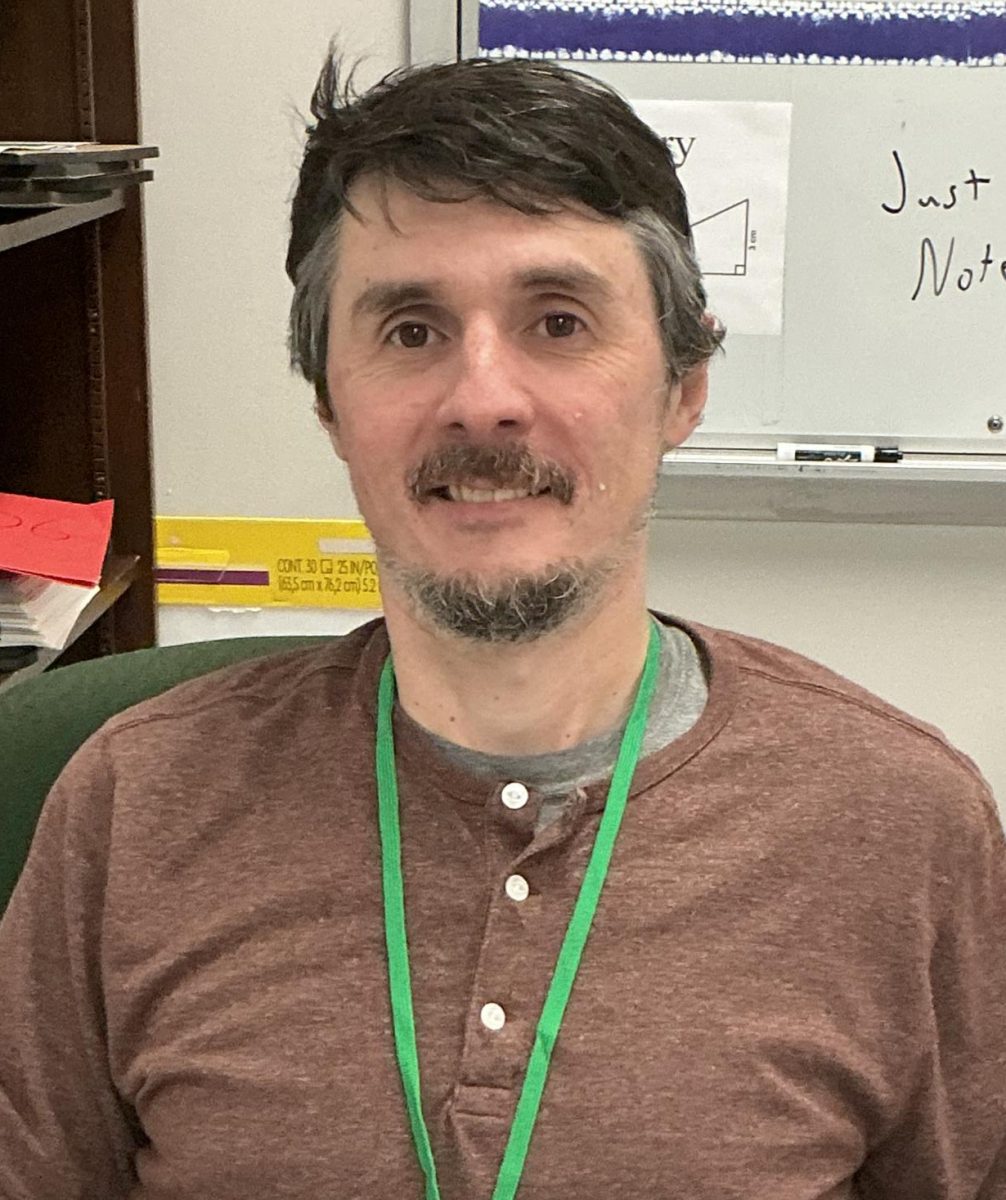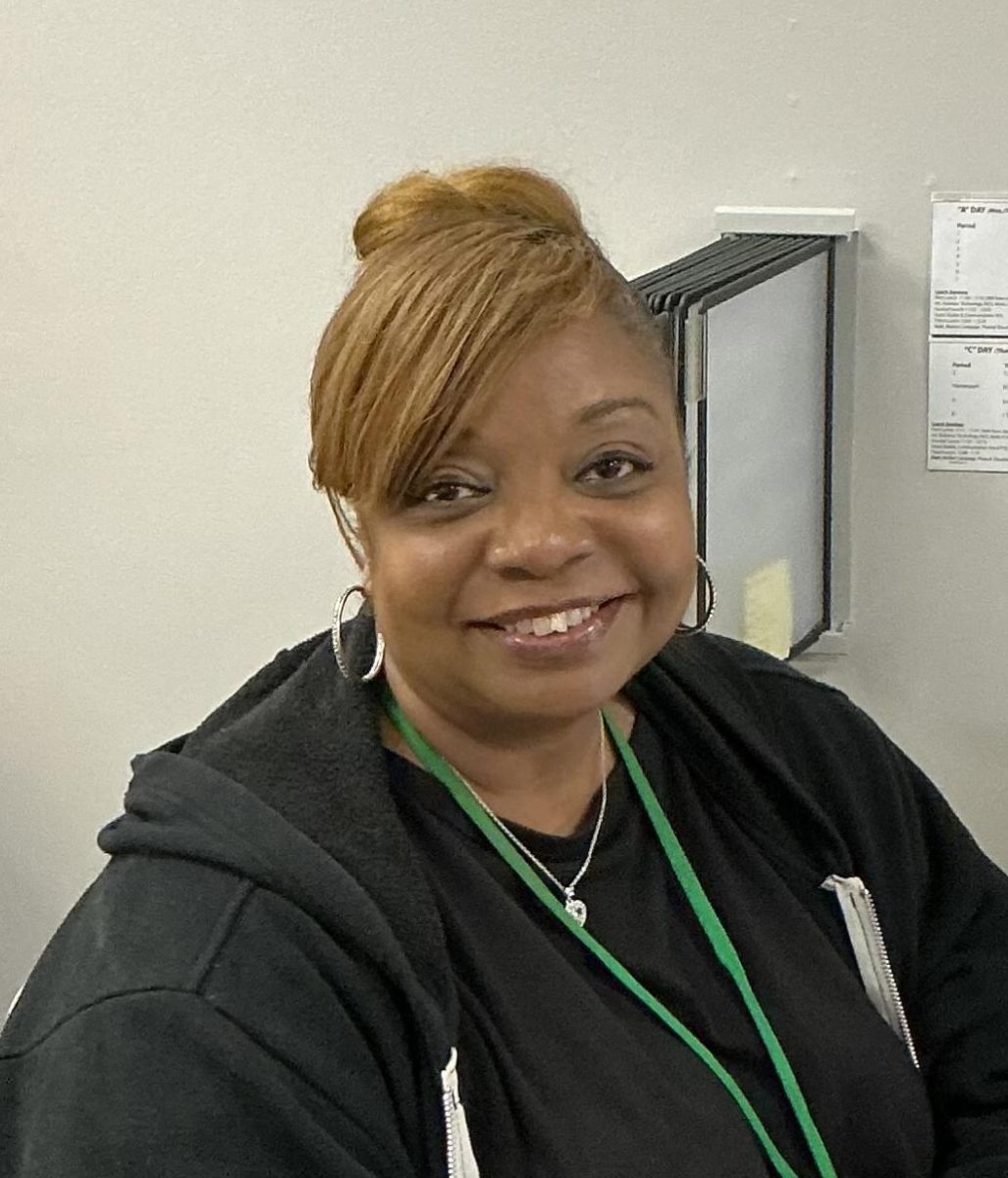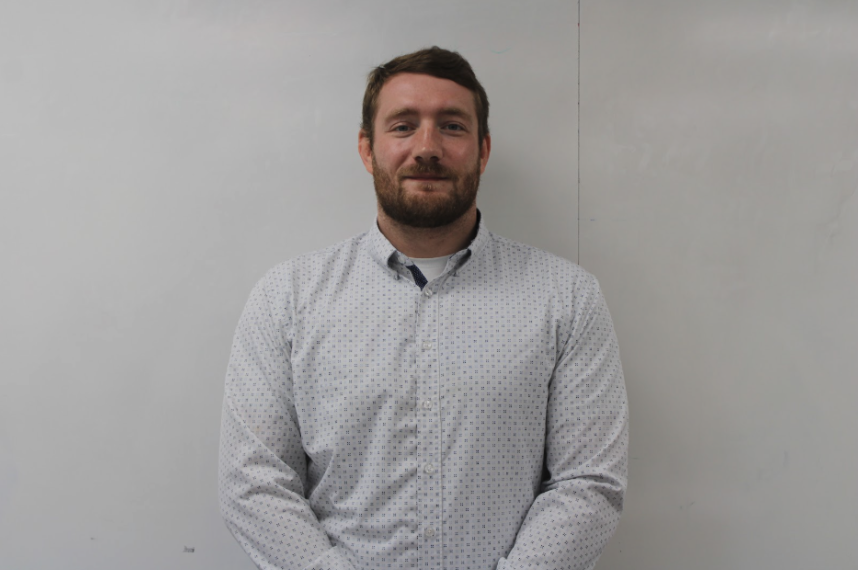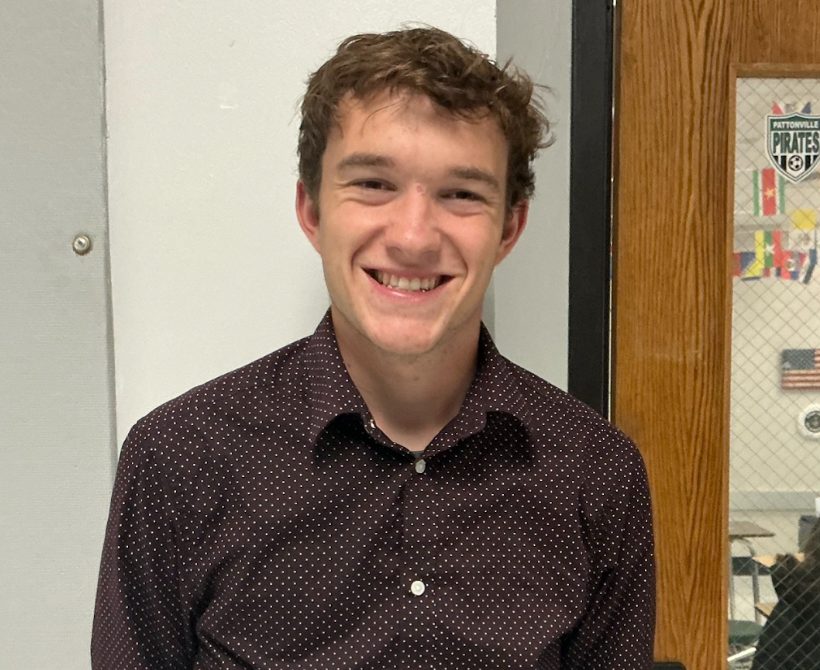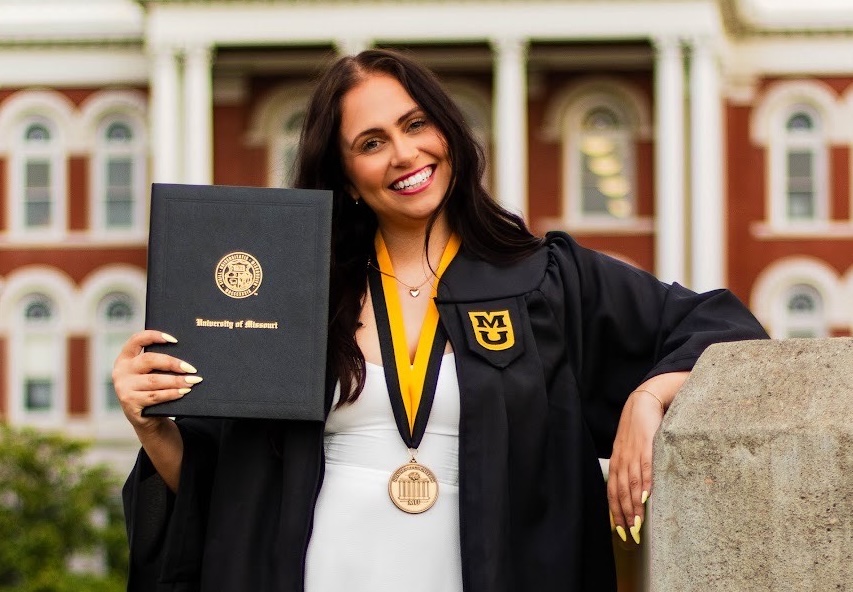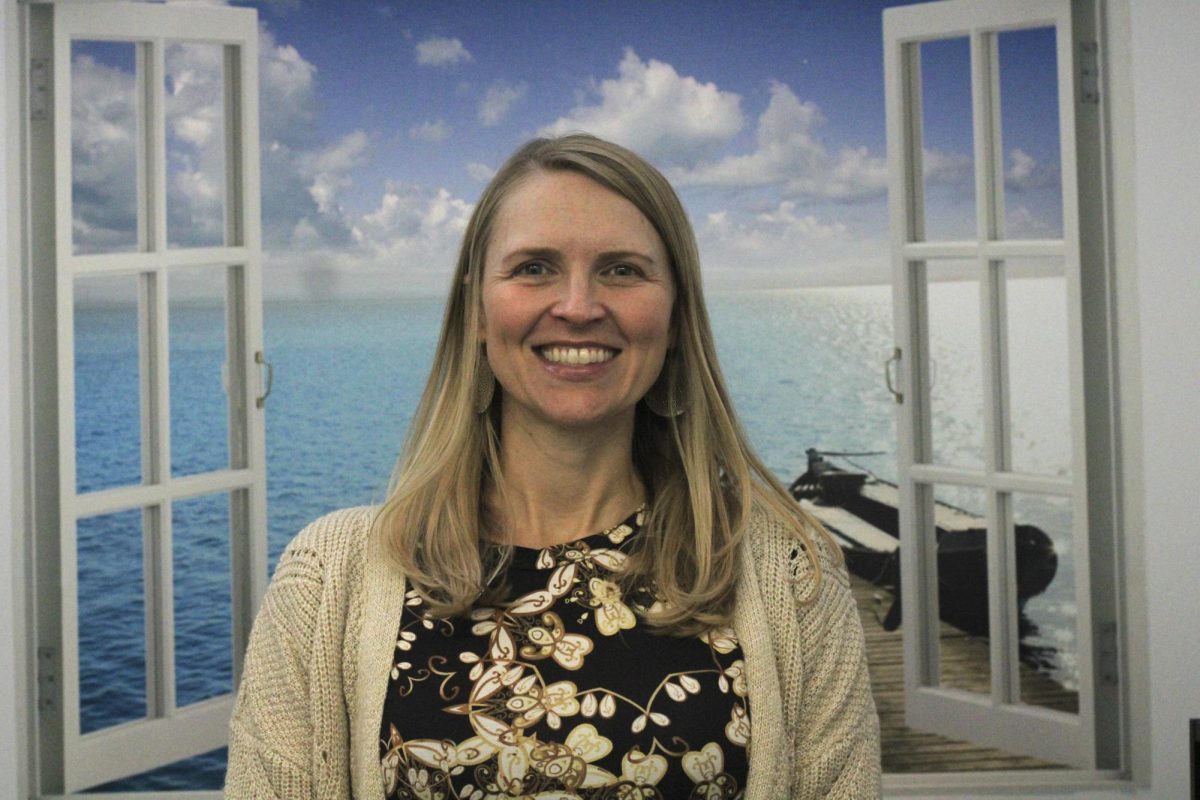There have been recent leaps and strides seen in the development of Artificial intelligence (AI) technologies, along with the responding controversy and detestation. The academic world especially has taken strict and swift action against it via condemnation, although many people in the community have wondered if all of this controversy is warranted.
“When it comes to AI, I think it is about intent when you’re using it for academic purposes,” said English Teacher Kathryn Funderburk. “If you’re using it to write for you instead of it as a tool to assist you, or to help you better your writing in some way, then you’re telling the world that you can’t form an original thought for yourself.”
This alleged creative bankrupted-ness is echoed by most educators in the space. Some, though, look to AI without complete anger, seeing its unending possibility of making the human experience better.
“I think that programs like Grammarly can be very helpful for students, especially when students who don’t speak or write ‘standard English’ need to ‘look professional’ for different reasons,” said English Teacher Allison Wills. “While knowledge of grammar is still important in order to read and write at high levels, I personally think that robot proofreaders are a good idea.”
Yet even with these benefits, many students are worried as to how these revolutions in technology will affect their future as working people.
“I don’t think that is helpful to our economy, even if it makes things easier,” said sophomore Lucy Hartley. “It’s taking jobs away from people. And then we have to find jobs to replace those jobs that some of these people may not be able to do.”
Even with these apparent fears in many students, many still stand firmly in the stance that AI will never be as good as people.
“I worry that some people put too much trust in AI as something that is somehow better or less flawed than humans,” said Wills, “When in reality, the AI was programmed by and learned from flawed humans, so many of its ideas and tendencies can echo the flaws and biases that we have as humans. AI cannot, in any way, replace humans in terms of their capacity for critical thinking and empathy.”
Even with its inferiorities, AI is still seen as a severe threat to the creative world. The education world is trying to navigate around it, forcing teachers to evolve their teaching styles and move away from technology if possible.
“Considering we’re playing catch-up when it comes to being able to identify it in students writing at the college level,” said Funderburk. “It’s already become an issue where they reverted back to taking final exams pencil and paper.”

